Many people from the queer community say they still have to face discrimination while using washrooms in public spaces due to the absence of gender-neutral washrooms.
Bengaluru: The absence of gender-neutral washrooms is one of the many problems Prarthana has been used to facing. For a non-binary person like them, it is difficult to use the washrooms meant to be used by a particular gender.
Talking about the absence of gender-neutral washrooms, they said, “For the society, we are not real people. It baffles me how people are divided based on their assigned gender. The discrimination is everywhere!”
The washrooms in public places including restaurants, cafes, pubs, and bars are not gender-inclusive. It’s a constant dilemma for people from the queer community to decide and use one of the two accessible gender-specific washrooms. .
Max, who was born and brought up in Bangalore, is currently studying at Harvard University. Using the pronouns they/them has not been a problem in the US as they have gender-neutral washrooms in the country. But in India, it’s a different story.
“It is a deep psychological situation because it reinforces that you are living in a society that doesn’t see you. It’s a reminder that you are ‘supposed’ to belong to one of the two categories,” Max added.
“I’ve been in the US for college, and there were gender-neutral washrooms. But when I came back to India, the absence has become so normalized for me. I just try to ignore it and radically accept that the world is going to evolve and some people have it worse,” they added.
The Supreme Court in 2014 granted the “third gender” rights to transgender people and directed the construction of separate toilets for them in public places.
Six years later, the orders exist only on paper. Not only do the people from the queer community have a stigma attached to them, but the absence of these washrooms also affects them physically. It is also a violation of basic human rights as it doesn’t allow them to freely express their gender and identity.
Aritra, a transwoman and a GSM (Gender and Sexual Minorities) enthusiast, highlighted the difficulties that transgenders face and said, “Many of us cannot use the washrooms even if we want to. Due to this, we are vulnerable to Urinary Tract Infections (UTIs) which obviously, affect us physically.”
“If we have big common washrooms, then the question of safety arises. Having single-chambered common washrooms will give the people the safety and the privacy that they want,” Aritra added.
Kannada author Vasudhendra struggled with the same issue while growing up.. “It was difficult for me to use the boys’ washrooms during school because of the gaze from the young boys,” said the author.
He suggested that the construction of these separate washrooms should be incorporated during planning. “There should be segregated washrooms present so that the individuals can have the choice to choose the washrooms which would match with their identity,” he said.
“But as a society, we still haven’t reached the maturity level which is needed for this change,” he added.
For Pranav Joshi, a content writer, it is the social responsibility that would bring this transformation to society. “We can’t always fall back on the government. It’s more of the social responsibility of the people who can bring transformations in society,” he said.
“The public needs to be more thoughtful about this issue. Awareness and unisex washrooms should be there,” added the content writer.
Dr. BS Anuradha, a consultant in social issues, said, “Due to the lack of awareness among the officials, the gender-inclusive washrooms haven’t been introduced yet. When it comes to the government, the schemes should also include the third gender.”
“For example, Swachh Bharat should’ve been more sensitive to the third gender. Everybody should have equal facilities,” she added.

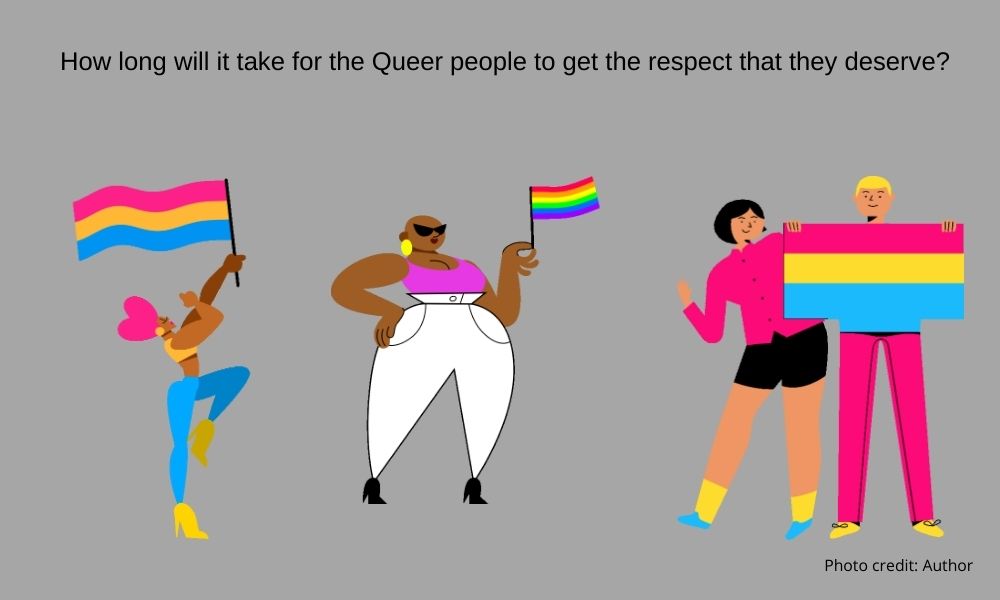
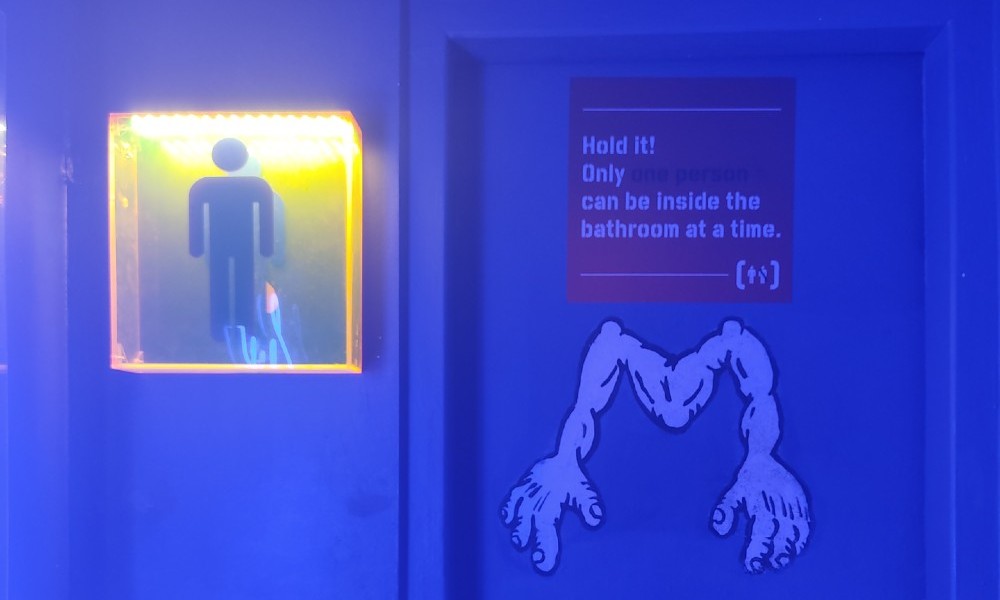
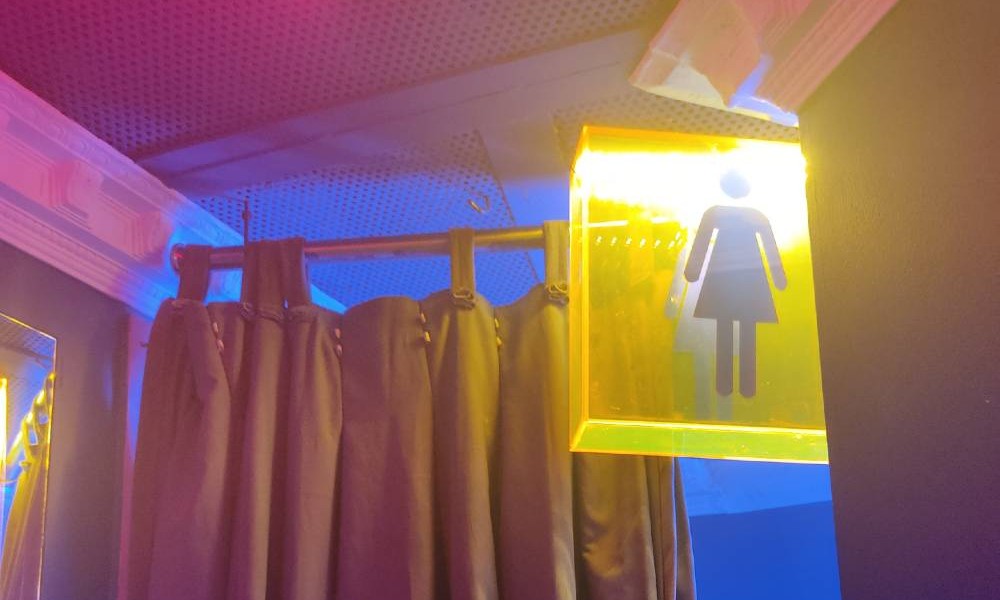
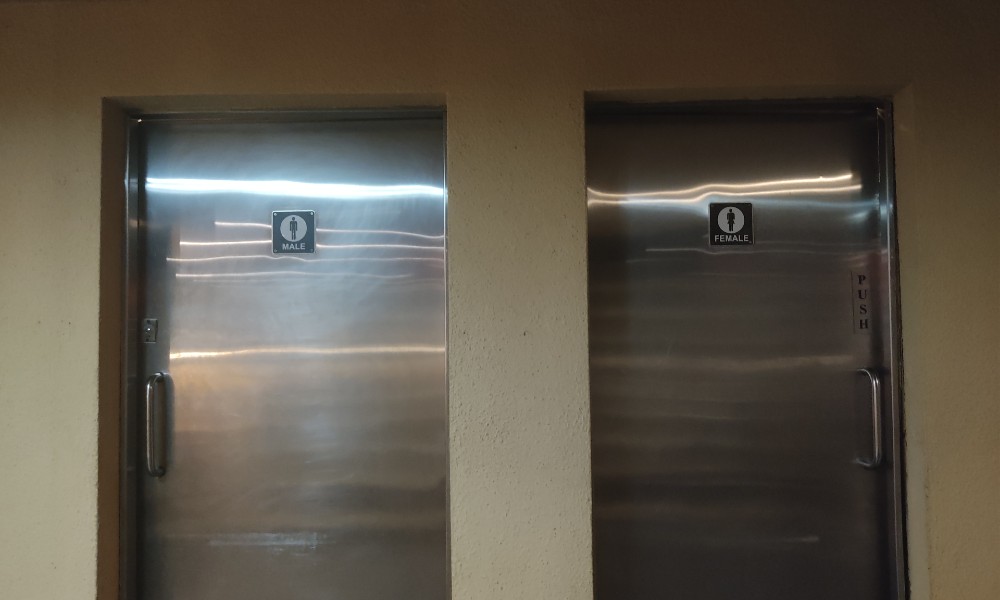

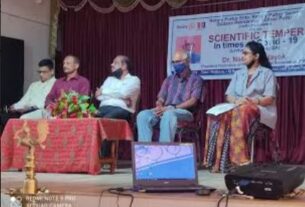

Really well done in bringing out the voices that matter. Also, very well written.